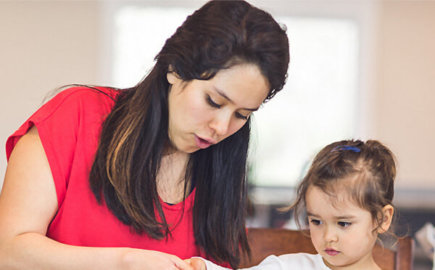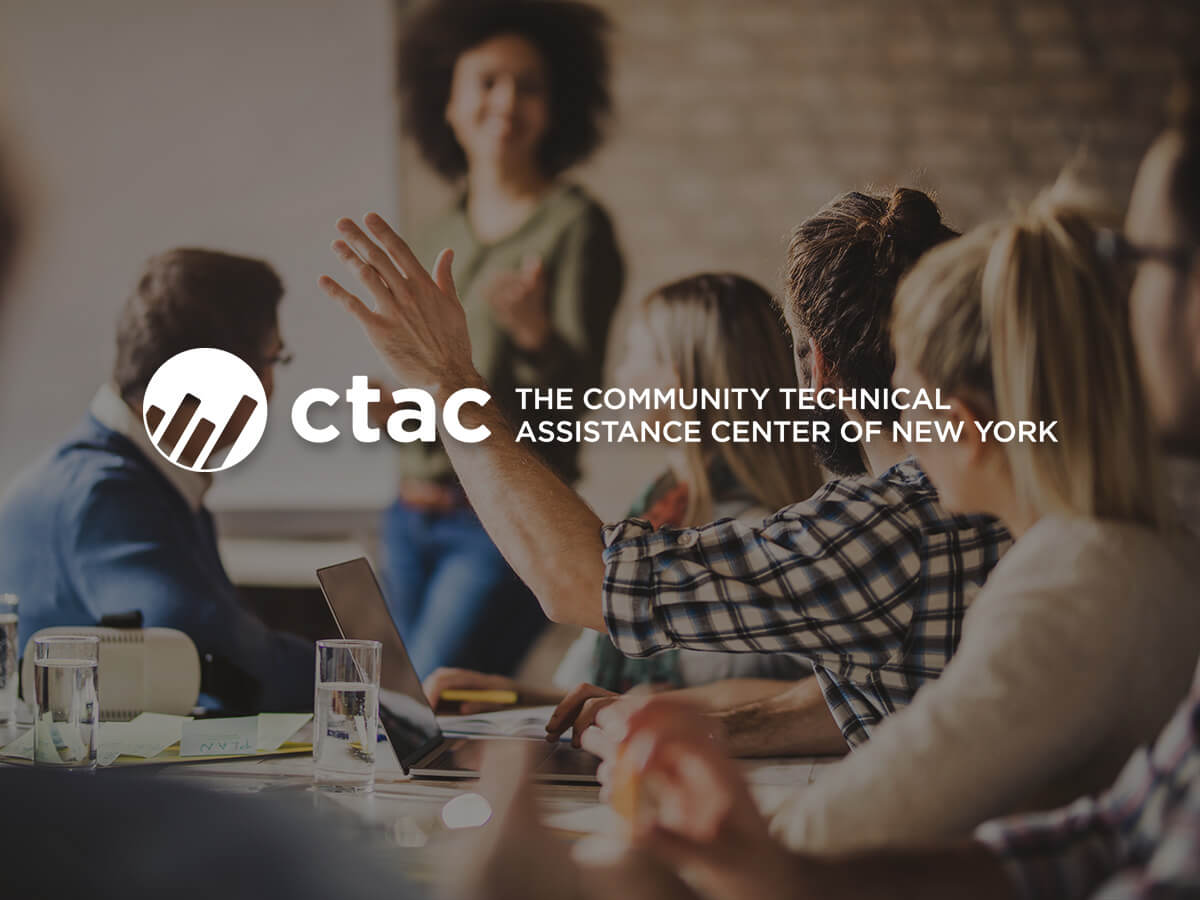About
The Clinical Education and Innovation Department (CEID) focuses on a unique array of programs, trainings, and tools to support practitioners and organizations working within poverty-impacted communities.
Our aim is to improve service delivery and business best practices within social service organizations. To do this, CEID uses a range of modalities based on the needs and learning styles of participants. These include in-person experiential training, webinars, online self-paced courses, consultation calls, and podcasts.
The work of CEID is informed by practitioners in the fields of social work, psychology, education, instructional design, adult learning theory, and family peer advocacy. At the forefront of the work of the department is a commitment to partnership with communities and organizations.
Some of our core trainings include:
- 4 Rs and 2 Ss for Strengthening Families is a curriculum-based practice designed to strengthen families, decrease child behavioral problems, and increase engagement in care. It is a 16-week multiple family group model that focuses on evidence-informed parts of family life that have been empirically linked to youth conduct difficulties. More information about the 4 Rs and 2 Ss
- Engagement Strategies for Child, Family, and Adult Services focus on best practices that can increase the initial and ongoing engagement of participants in services. Participants in this training work to improve their individual and organizational services, while decreasing barriers to engagement.
- Workforce Resilience provides helping professionals with tools to combat and cope with the myriad of social challenges that they experience through their work. Individuals and organizations will learn to build a culture of wellness and support to decrease the risk of compassion fatigue and burn out.
- Trauma-Informed Care is a strengths-based movement focused on providing services grounded in an understanding of the pervasiveness of trauma and its impact on children, youth, adults, families and communities. Training topics can range from providing foundational knowledge on trauma and resilience through to forming trauma informed care organizations.
- The Social Determinants of Health are the factors that impact health and well-being and encompass every aspect of individuals’ lives. They include where people live, work, learn and play. This training focuses on addressing these circumstances to improve overall health and well-being.
- Anti-Oppressive and Anti-Racist Practices focus on issues of cultural humility, addressing microaggressions, and exploring bias. These trainings help practitioners and organizations examine their policies, procedures, and practices to better partner with individuals, families, and communities.
- Family and Food Matters
Family and Food Matters to Caregivers and Kids (FFM-CK) is a 7-week program collaboratively created by caregivers, content knowledge experts and McSilver Institute team members. It seeks to strengthen family relationships and promote physically healthy lifestyles within families at risk for food insecurity. Family and Food Matters to Pregnant Women (FFM-PW) is a 4-week nutrition and wellness program that helps to decrease challenges around having sufficient and healthy foods to eat and increase support.
More information about Family and Food Matters
Contact Us
For more information about any of the above training programs or for individualized training and consultation, please complete this form and contact Kara Dean-Assael at kara.dean@nyu.edu or Lydia Franco at lydia.franco@nyu.edu.



